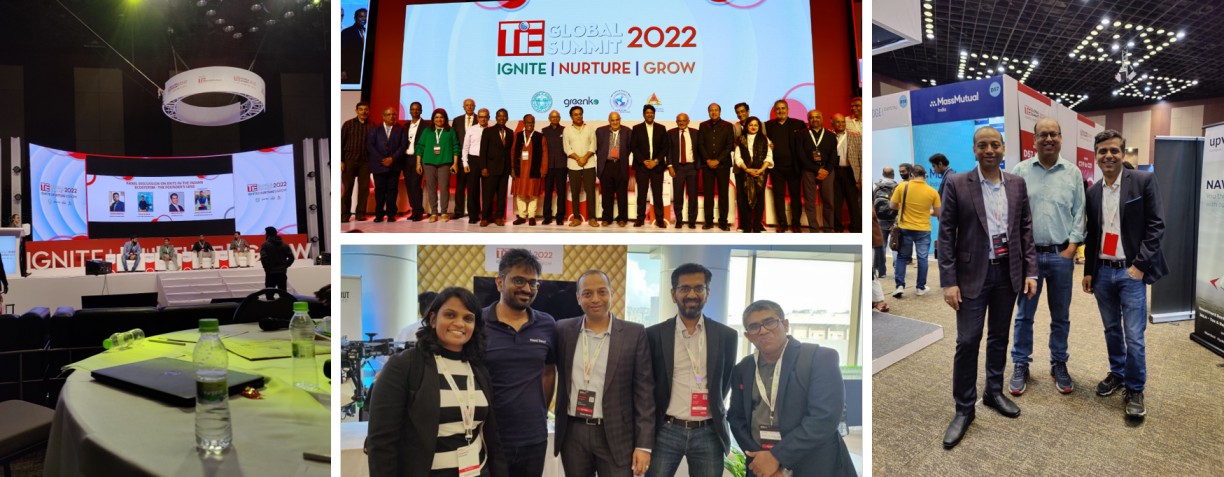The implication of Paytm buying back its shares at a premium
In this edition we would explore one of the major news of the week, the buyback of shares by Paytm.
Paytm, best-known as a wallet & payments app over UPI platform, is one of the earliest fintech unicorns from India. Over the years the company has tried to venture into ecommerce, financial services & banking with limited success. Paytm’s pivotal moment occurred on 8 Nov 2016 when the government surprisingly announced ‘demonetisation’ of higher denomination currency notes. Within the next two weeks Paytm boasted of over 50 million app downloads, app availability in five new regional languages, and positioned itself as the torch bearer of enabling a cashless digital economy in India.
Paytm had last raised $1bn at a valuation of $16 bn in 2019. T Rowe Price, along with Discovery Capital and D1 Capital had put in about $400 million, while existing investors SoftBank and Ant Financial had put in $200 million and $400 million respectively.
In Nov 2021 Paytm had launched India’s largest IPO with an issue size of ₹18300 crores. The IPO price band was fixed at 2050-2180 per share. The stock has been one of the worst performers among recent large initial public offerings (IPOs) and has eroded 75% of investors’ wealth. In the last one year, shares have delivered a negative return of ~64% to its shareholders, while it has dropped 12% in the past six months and 16% in a month. The stock hit an all-time low of ₹439.60 on November 24, 2022, while it touched a record high of ₹1,961.05 on its listing day.
In addition, earlier this month, Reserve Bank of India (RBI) refused to grant payment aggregator license to Paytm’s subsidiary, Paytm Payments Services Limited (PPSL). The RBI has asked PPSL to re-submit its application. The central bank has also barred PPSL from onboarding new online merchants.
It is under this larger context the share buyback plan must be seen. Paytm has announced a buy back scheme worth ₹850 crore at ₹810 a piece, a premium of 50% as compared to the current market price of ~₹540 on the BSE. This would be enabled through the open market route via the stock exchange method and the process is expected to be completed in a maximum of six months.
Buybacks are seen as a way by the company to reward its shareholders. The repurchase of stocks from the shareholders would reduce the number of existing shares and push the price upward.
Though, market participants were unconvinced about the buyback method. Under the open market method, a company buys back shares through the market and therefore, shares can be purchased at any price up to the cap provided by the company. This is different from the tender route, wherein shareholders can tender their shares for buyback at the fixed price set by the company. Also, in the tender route 15 % of buy-back shares are reserved for retail investors whereas no such condition exists in the open market route.
Analysts are also divided on the objective of a loss making company like Paytm utilising its cash to repurchase the shares. Initial market response was tepid as on the day of the announcement share price dropped by ~2.6%.
Paytm stock performance post IPO highlights the differing set of challenges faced by startups in the open market as compared to the private venture capital world. Soundness of a company’s financials is bound to be scrutinized to a much greater degree in the open market, whereby managing investor sentiment becomes a difficult task.
Ecosystem Ventures This Week
Key Highlights – Events

We are happy to share that Mr. Abhishek Sanghvi (Partner, Ecosystem Ventures) has participated as an investor at the TiE Global Summit 2022 event, held in Hyderabad.
TiE Global – The Indus Entrepreneurs is the single largest non-profit organization in the world devoted to fostering entrepreneurship through networking and bringing VCs and startups together.
Startup Funding Summary
Virgio, Bengaluru-based fashion tech startup, has raised $37 Mn in Series A funding from Prosus Ventures, Accel and Alpha Wave – Read More
NeoGrowth, Mumbai-based fintech startup, has raised $36 Mn in a funding from FMO and other HNIs – Read More
myTVS, Chennai-based automobile aftermarket player, has raised $25 Mn in Series C funding from Exor fund – Read More
82°E, Mumbai-based self-care brand, has raised $8 Mn in Seed funding from DSG Consumer Partners, IDEO Ventures and other HNIs – Read More
SafeHouse Tech, New Delhi-based cybersecurity startup, has raised $6 Mn in Pre-Series A funding from Gonpo Tsering and other HNIs – Read More
M&A Snippets
US-based financial service provider TPG has acquired Pune-based financial service provider Poonawalla Housing Finance for $471 Mn – Read More
Mumbai-based pharma company JB Pharma has acquired Mumbai-based pharma company Glenmark Pharmaceuticals for $38 Mn- Read More
Mumbai-based food and beverage company Hindustan Foods has acquired Himachal Pradesh-based conglomerate company Reckitt Benckiser Health India for $19 Mn – Read More
Kolkata-based cement brand Dalmia Cement will acquire Istanbul-based construction company Clinker for an undisclosed amount – Read More
Kolkata-based machinery manufacturer Ramkrishna Forgings has acquired Delhi-based EV startup Tsuyo Manufacturing for an undisclosed amount – Read More


Comments are closed.